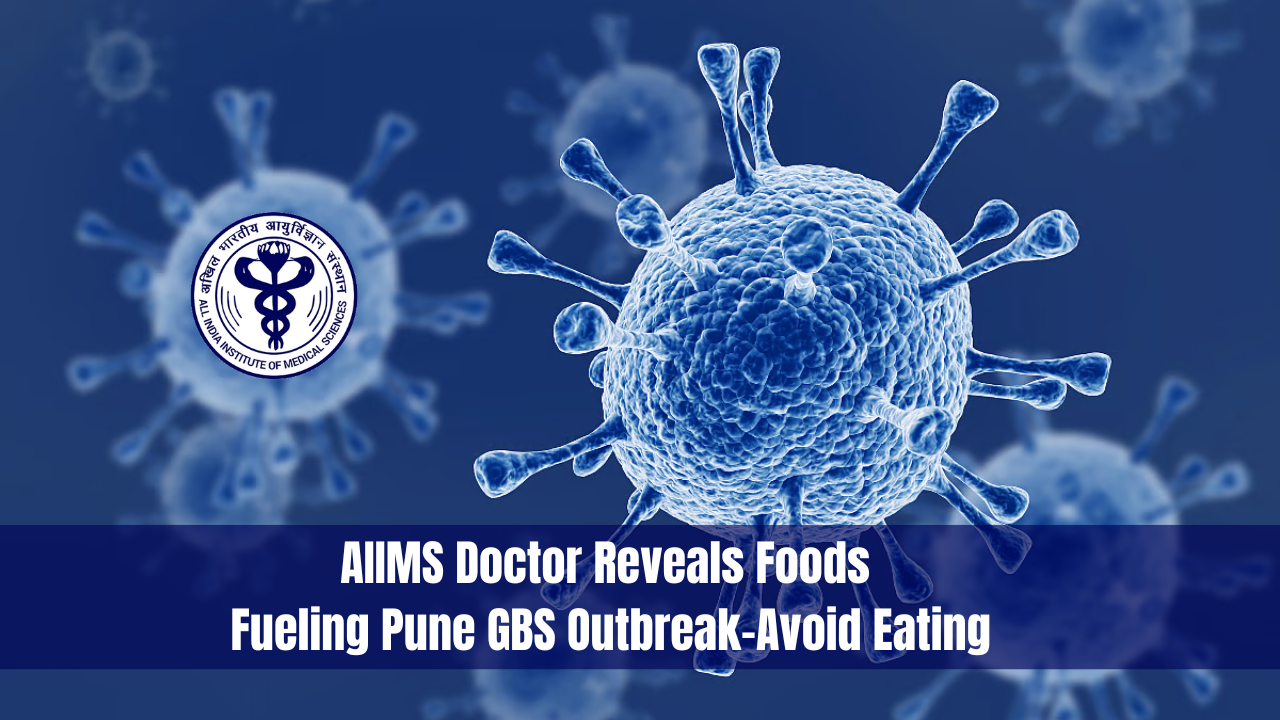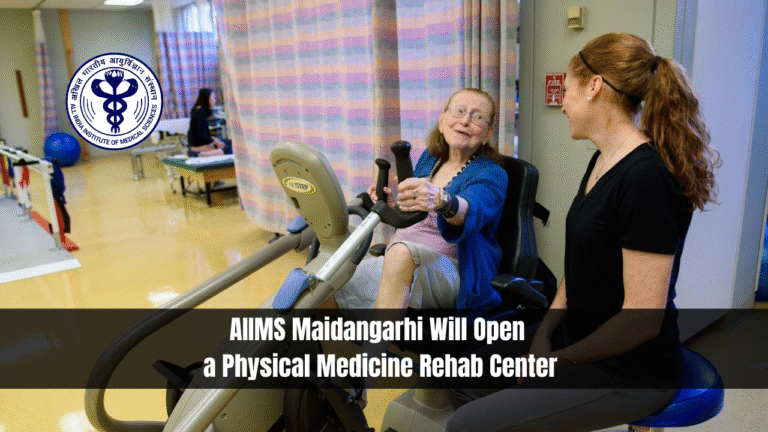AIIMS Doctor Reveals Foods Fueling Pune GBS Outbreak-Avoid Eating
AIIMS Doctor Reveals Foods Fueling Pune GBS Outbreak-Avoid Eating. Guillain-Barre Syndrome (GBS) cases in Pune have risen alarmingly recently, with over 111 incidents reported and one suspected death. At least 17 patients are currently on ventilators, while seven have been discharged. Experts urge people to be cautious about their diet to reduce the risk of this rare but treatable disease.
What is Guillain-Barre Syndrome (GBS)?
A rare neurological disorder, Guillain-Barre Syndrome (GBS) affects the nervous system, and is often caused by an infection within six weeks before onset. Viral infections such as COVID-19 and Zika can also cause respiratory and gastrointestinal infections.
Symptoms of GBS
The following are some of the symptoms of GBS:
- Feelings of numbness and tingling in the hands and feet
- Walking or lifting objects becomes difficult due to muscle weakness
- Facial movement problems
- Sometimes ventilator support is required in severe cases of difficulty breathing
- Loss of bladder or bowel control, pain, and vision disturbances
Dr. Priyanka Sehrawat of AIIMS Delhi explains GBS as an autoimmune-mediated disease caused by the body immune system mistakenly attacking its nerves, resulting in muscle weakness and paralysis. Within just 2-3 days of the current outbreak in Pune, some patients needed ventilators.
Foods to Avoid Amidst the GBS Outbreak
According to Dr. Sehrawat, certain foods may increase the risk of infections leading to GBS.
1. Avoid Eating Outside Food
The presence of bacteria in street food and unhygienically prepared meals poses a significant risk. Infections such as gastroenteritis, which can lead to GBS, are usually triggered by contaminated food and water.
2. Be Cautious with Dairy Products
Paneer and cheese, for example, are particularly prone to bacterial growth if they are not handled or stored correctly. Make sure dairy products are sourced from hygienic environments and are fresh.
3. Properly Store and Cook Rice
It is possible for rice to harbor harmful bacteria if it is left at room temperature for an extended period of time. Make sure leftovers are refrigerated promptly and reheated thoroughly before eating.
Dietary Recommendations for Boosting Immunity
Dr. Sehrawat recommends consuming vitamin C-rich foods every day to strengthen the immune system. Here are a few excellent sources:
- Fruits from the citrus family (oranges, lemons, grapefruits)
- Strawberry, blueberry, and blackberry berries
- Spinach, kale, and broccoli are leafy greens
- Tomatoes and bell peppers
Early Diagnosis and Treatment is Crucial
While GBS cases have always been present, Dr. Sehrawat emphasizes that an outbreak of this magnitude is concerning. However, she assures the public that there is no need to panic. Individuals should instead maintain good hygiene, consume safe food, and seek medical attention as soon as symptoms arise.
People are advised to stay vigilant and prevent GBS by taking preventive measures within two weeks of onset of symptoms.
Read Also: AIIMS Online Appointment
Conclusion
A surge in GBS cases in Pune necessitates public awareness and precautionary measures. You can reduce the risk by avoiding contaminated food and water, ensuring proper food storage, and consuming a diet rich in nutrients. Prevent this rare, but serious disease by staying informed, staying safe, and prioritizing your health.







